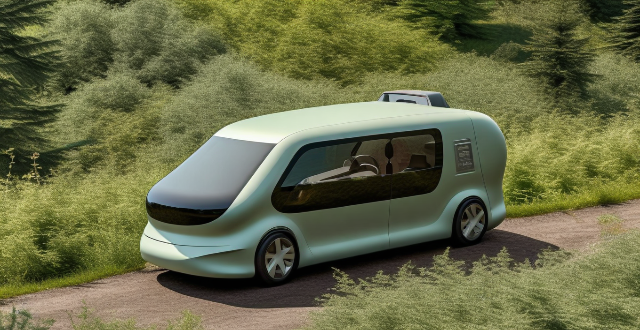Diesel hybrid vehicles offer several advantages, including improved fuel economy and lower emissions. They also provide better performance and a quieter ride. However, they come with higher costs and complex technology that may require specialized maintenance. Additionally, limited charging infrastructure and potential weight issues can affect their efficiency and handling. The resale value of diesel hybrids might not be as high due to the specialized nature of the technology. Despite these drawbacks, diesel hybrids offer a reduced dependence on fossil fuels and can be a more environmentally friendly option for transportation.

Pros of Owning a Diesel Hybrid Vehicle
1. Fuel Efficiency: Diesel hybrid vehicles are known for their high fuel efficiency, which can save you money on gas in the long run.
2. Lower Emissions: Compared to traditional diesel engines, hybrids produce fewer emissions, making them more environmentally friendly.
3. Improved Performance: The combination of a diesel engine and an electric motor provides better acceleration and overall driving experience.
4. Regenerative Braking: This feature allows the vehicle to recharge its battery while braking or going downhill, further improving fuel economy.
5. Tax Incentives: Some governments offer tax incentives for owning a hybrid vehicle, which can offset the higher initial cost.
6. Quiet Ride: Hybrids generally have a quieter ride due to the use of both electric and diesel power sources.
7. Longevity: Diesel engines tend to have longer lifespans than gasoline engines, and when combined with electric power, they can last even longer.
8. Reduced Dependence on Fossil Fuels: By using both diesel and electric power, these vehicles reduce the amount of fossil fuels needed for transportation.
Cons of Owning a Diesel Hybrid Vehicle
1. Higher Cost: Diesel hybrids are typically more expensive than their conventional counterparts, both to purchase and maintain.
2. Complex Technology: The technology behind diesel hybrids is complex, leading to potentially higher repair costs if something goes wrong.
3. Limited Charging Infrastructure: There may not be enough charging stations available for electric vehicles, which could limit your travel range.
4. Battery Replacement Costs: As with all hybrids, the batteries will eventually need to be replaced, which can be costly.
5. Weight Issues: The additional weight from the battery pack can affect handling and decrease fuel efficiency slightly.
6. Resale Value: The resale value of a diesel hybrid might not be as high as that of a conventional vehicle due to the specialized nature of the technology.
7. Potential for Pollution: While newer models are much cleaner, older diesel vehicles are known for their pollution issues, which could affect public perception.
8. Learning Curve: Drivers may need time to adjust to the different driving style required by a hybrid vehicle, especially those who are used to driving solely diesel-powered cars.